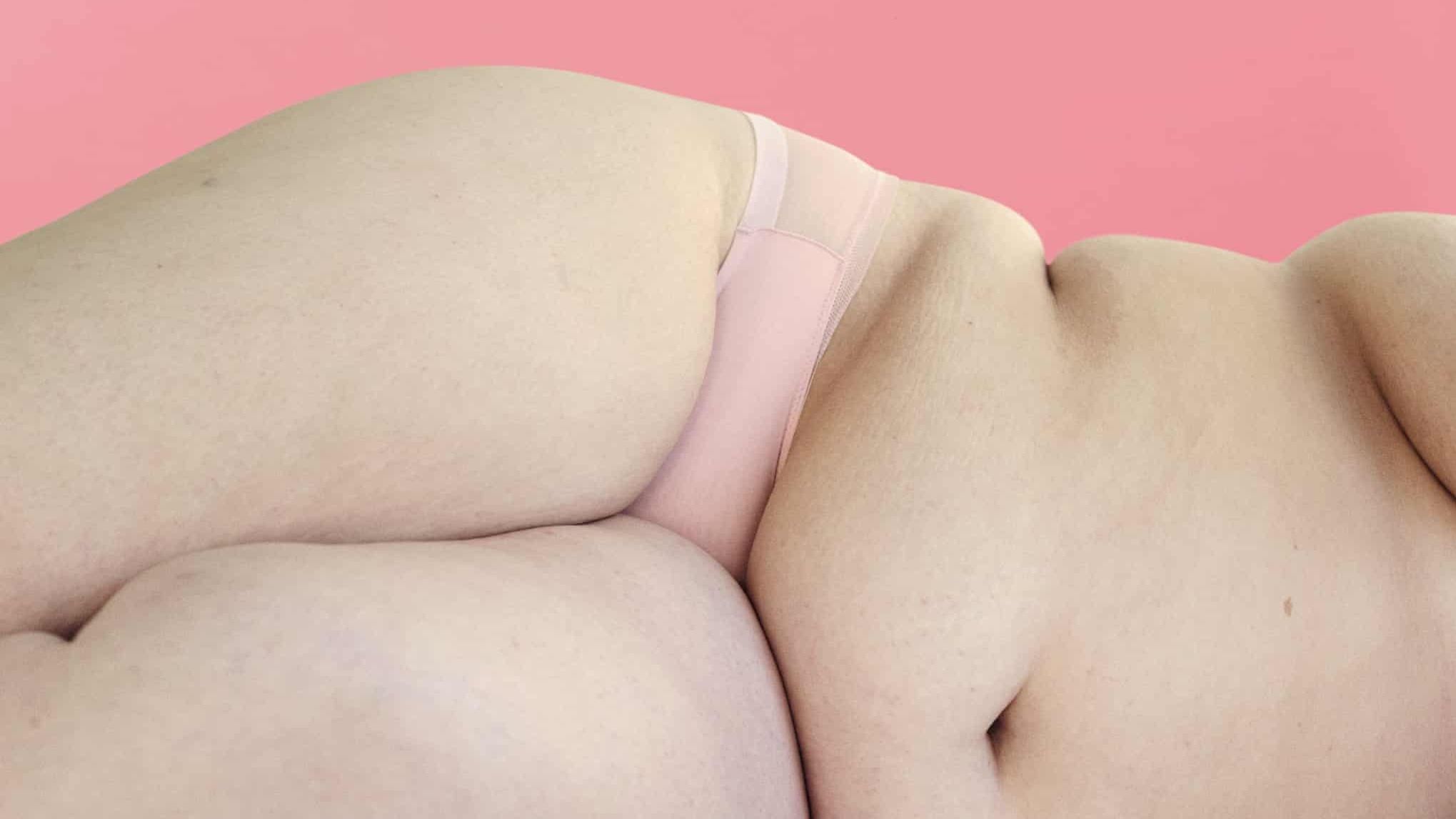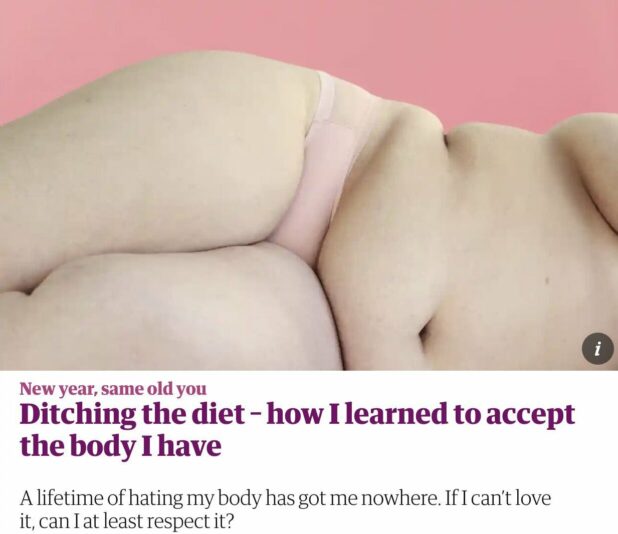As a woman, you have no responsibility for your behavior, no matter the consequences.
That means no matter how badly something hurts your family, your community, your workmates, or yourself, you should just keep doing it.
Feminist (i.e. “female human”) Alexandra Jones writes for The Guardian:
Every January, the same old battle cry: this will be the year that I get thin. Last January, I did a week-long juice cleanse, and the year before that, I fasted for three days. It wasn’t quite nil by mouth, but almost. At the time, I told myself the science interested me (the fervour with which fasting evangelists assure you that a few days without food can reset your microbiome or stave off cellular ageing is compelling enough to make you ignore the health warnings). Really, though, what I wanted was rapid weight loss, minimum one dress size.
I made it to 81 hours. Practically levitating with hunger, I ignored the advice to reintroduce food slowly (soups and juices before solids) by bingeing on a cheese sandwich, which I promptly threw up. Happy new year to me.
This January, though, I have brokered peace with myself – and I am determined to live inside my body as it exists now. No diets, no fasting, cheese sandwiches whenever I want. It won’t be easy at a time when body fascism is taken as common sense. An estimated 26 million British people will vow to lose weight for the new year. As psychoanalyst Dr Susie Orbach tells me, “It makes it very, very difficult to feel OK about your body when the assault on you is so intense.” But I’m going to give it a go.
My body is, by most people’s standards, average – a fact that I apply like a balm whenever my thoughts become too barbed. Revelling in one’s “averageness” might not sound like much in a world of declarative self-love, but after a lifetime of body shame, this is a hard-won detente.
The author goes on to tell her entire life history, in an apparent attempt at making people believe that burning fat is something very hard and complex.
Then she talks about just giving up and accepting her deformed body.
I followed “body positive” accounts on social media (the brilliant Jessamyn Stanley and Megan Jayne Crabbe among them) – but found their brand of self-love too difficult to put into practice on myself. I admired their stance but the fact was, I did not love my body, and found that my critical inner voice could not be corrected by force.
Then I came across the idea of body neutrality, where your body is not something you either love or hate; you just accept it. It’s a theory that speaks to much of what Orbach has been writing about since the 1970s. “You have to ask yourself, who would I be if I wasn’t focused on my body the whole time? What is this preoccupation getting in the way of and what could I achieve without it?” she says.
For the record, the only way to feel hunger during a day-long fast is to smell, see, or purposefully think about food. After the first 18-24 hours or so without food, the body puts in motion appetite suppression mechanisms.
What this woman is reporting exposes the psychological nature of fat people’s problems. Fatness is a mental disease. They can’t stop thinking about food because something is happening in their lives that they’re not addressing.
When normal people start gaining weight, they realize they’re starting to look fatter and start doing things to revert it. When mentally ill people like this woman writing for The Guardian start getting fat, they freak out, get anxious, and eat more food in an attempt to calm themselves. It is a death spiral.
Accepting their bodies not only is not the solution, but it adds to the problem. What these people have to do is fix their heads.
What the rest of society has to do is start viewing fatness as a gross indicator of mental disease, and stop taking what these mentally ill people say seriously.
If you’re looking to burn fat and build muscle, check out Andrew Anglin’s Diet and Nutrition, Aesthetics, Strength and Health article.


